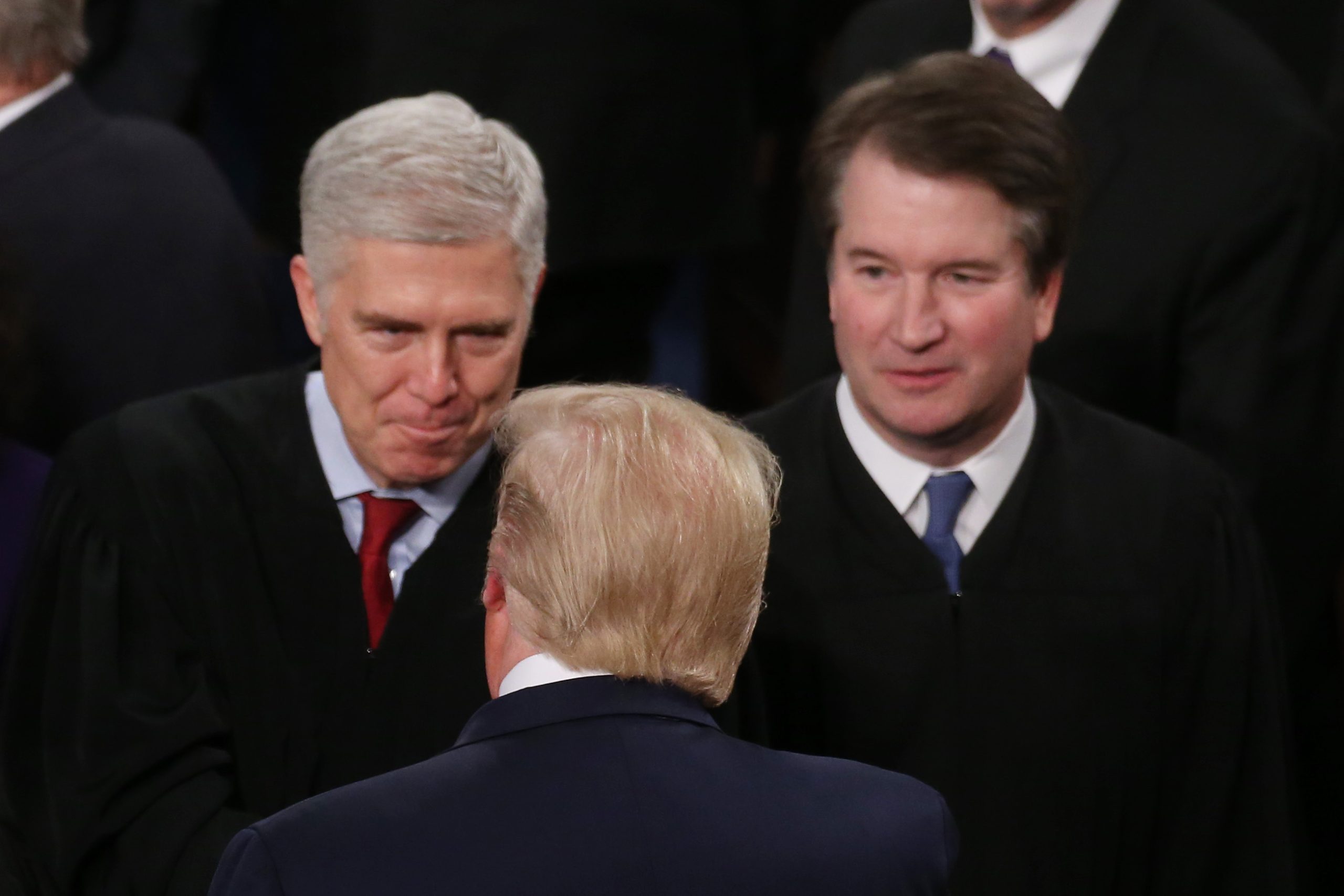The Supreme Court is poised to rule on a case concerning tariffs imposed during Donald Trump’s presidency, a decision that will test the court’s commitment to limiting executive power versus its perceived allegiance to the former president. The case presents a stark choice for the conservative majority, forcing them to reconcile their previous stance on executive overreach with the legacy of Trump’s trade policies.
The “Major Questions” Doctrine in the Spotlight
Just a year ago, with a Democrat in the White House, the Supreme Court’s Republican-appointed justices championed the “major questions” doctrine. This legal principle aimed to prevent the executive branch from implementing policies with significant economic and political ramifications without explicit congressional approval. The doctrine was seen as a check on presidential power, ensuring that major policy shifts originated from the legislative branch.
Now, with Trump’s tariffs under scrutiny, the court must decide whether to apply the same standard. The tariffs, implemented under the guise of national security, significantly impacted global trade and sparked controversy. Critics argued that they exceeded presidential authority and circumvented congressional oversight.
A Test of Consistency and Credibility
The upcoming ruling will reveal whether the “major questions” doctrine was a genuine effort to constrain executive power or a politically motivated tool to hamper the Biden administration. If the court upholds the tariffs, it risks appearing hypocritical and undermining its stated commitment to limiting presidential authority. Such a decision would fuel accusations of partisanship and erode public trust in the judiciary.
Conversely, striking down the tariffs would reaffirm the court’s commitment to the rule of law and the separation of powers. However, it would also be seen as a rebuke to Trump and his policies, potentially triggering a backlash from his supporters.
The Stakes Beyond Tariffs
The implications of this case extend far beyond tariffs. The ruling will set a precedent for future cases involving executive power and congressional authority. It will shape the balance of power between the branches of government and influence the scope of presidential action on issues ranging from trade to environmental regulations. The Supreme Court’s decision will be closely watched by legal scholars, policymakers, and the public alike, as it will have a lasting impact on American governance.
In conclusion, the Supreme Court’s decision on Trump’s tariffs represents a pivotal moment for the institution. It is a test of its commitment to legal principles, its independence from political influence, and its role in safeguarding the balance of power within the U.S. government.
Based on materials: Vox





